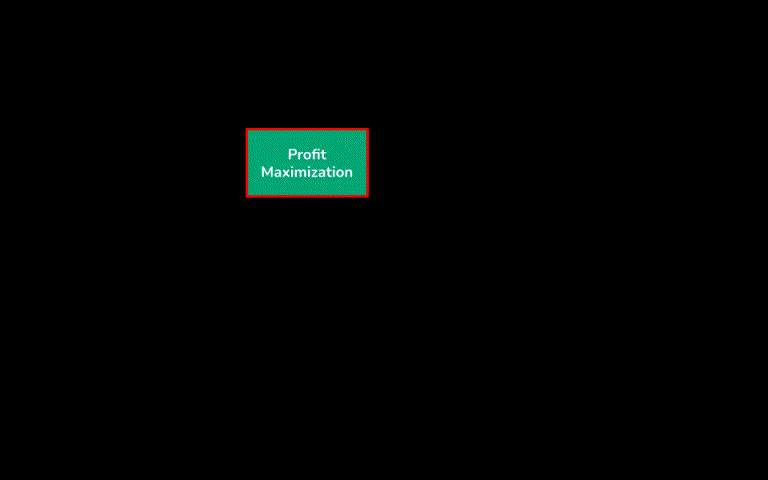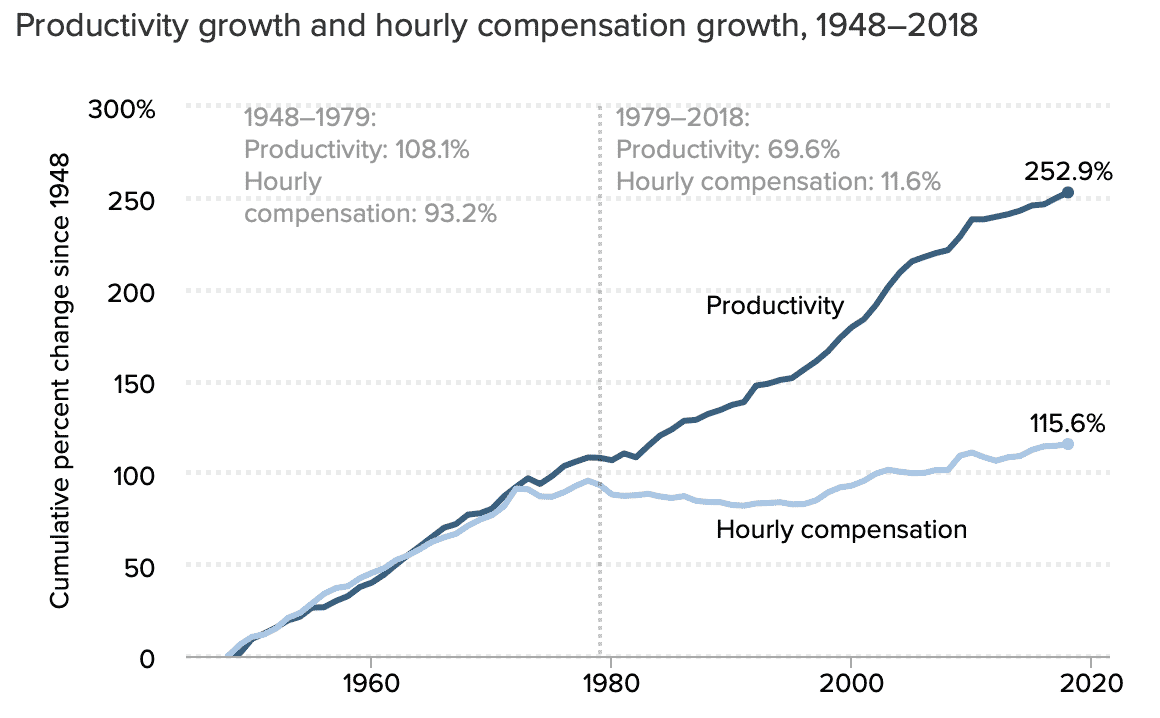Mechanisms for Circulating Capital


The Time Value of Money as an Effect of the Force of Capital
Section 1

Secondary Arbitrage
Section 2

Profit Maximization and the Cycle of Poverty
Section 3

The Fallacy of Liquidity Preference
Section 4